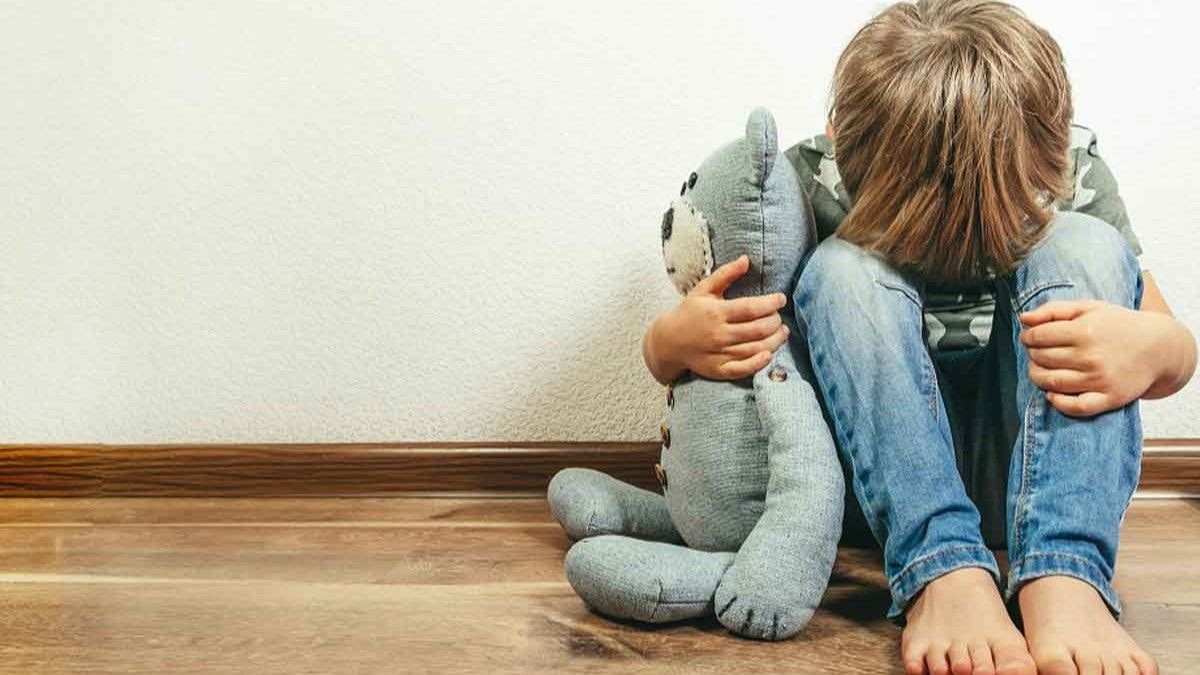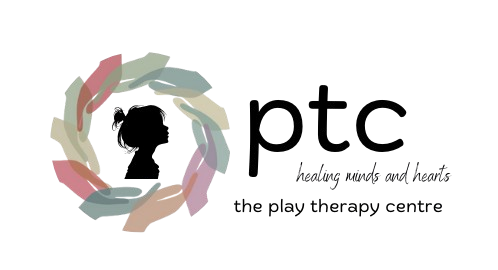This article outlines the principles, practices, and benefits of Play Therapy, detailing how it serves as an effective therapeutic approach for children, and explaining the core methods and ethical standards that guide our practice.
What is Play Therapy?
Play Therapy is a specialized psychotherapeutic approach designed for children aged three to twelve. It is particularly effective for those who have experienced early trauma, loss, separation, bereavement, or who struggle with learning difficulties, social, or emotional challenges. Play Therapists operate on the belief that children have the inherent ability to resolve their own internal conflicts. By creating a safe and trusting environment, therapists enable children to work through these issues at a subconscious level.
What Does a Play Therapy Session Look Like?
Play Therapy is a dynamic and creative therapeutic approach that utilizes various expressive tools such as art, music, movement, creative visualizations, therapeutic storytelling, puppets, and sandtray symbols. These techniques help children access unconscious thoughts and emotions, allowing them to communicate through play, a language they inherently understand. This method facilitates self-expression using fantasy play, regression, symbolic meaning, and metaphors.
How Does Play Therapy Help?
In Play Therapy, the therapist supports the child by reflecting, mirroring, and matching the child's thoughts, feelings, and energy, allowing the child to gain insights into their challenges. This process empowers the child to find solutions independently, fostering self-mastery and personal growth.
Benefits of Play Therapy for Children in Dubai
Play Therapy offers a wide range of benefits for children in Dubai, including:
- Building self-confidence and self-efficacy
- Increasing concentration and focus
- Reducing anxiety, fears, and worries
- Enhancing self-awareness and understanding of others
- Improving social skills and peer relationships
Additionally, Play Therapy helps children in the U.A.E to understand and adapt to changes in their environment, work through difficult emotions, and build a positive internal model that promotes healthy behavior and mental well-being.
Our Guiding Principles in the Play Therapy Centre Dubai
Our therapeutic approach at PTC is centered on integrative and holistic Play Therapy, following the internationally recognized child-centered principles established by Virginia Axline. We are committed to honoring, respecting, valuing, and validating each child. We create a permissive environment, build trusting therapeutic relationships, allow the child to lead, and provide space for self-discovery without rushing the therapeutic process.
Integrated and Holistic Play Therapy Methods in Dubai
Our approach in Dubai allows therapists to select the most appropriate Play Therapy method to suit each child's needs and therapeutic goals. The integrated, holistic model incorporates both directive and non-directive Play Therapy methods, ensuring a personalized and effective experience for every child.
Virginia Axline’s Eight Basic Principles:
- Develop a warm, friendly therapeutic alliance with the child
- Accept the child as they are
- Create a therapeutic environment that fosters permissiveness
- Reflect back feelings expressed by the child to gain insight
- Show deep respect for the child’s ability to solve their problems
- Allow the child to lead the play
- Avoid hurrying the therapeutic process
- Establish boundaries to anchor therapy in reality
Our Ethical Framework
At PTC, we adhere to international guidelines and the Play Therapy United Kingdom (PTUK) ethical framework, including:
- Beneficence
- Non-Maleficence
- Fidelity and Responsibility
- Integrity
- Justice
- Respect for People’s Rights and Dignity
- Autonomy
- Supervision and Continuing Professional Development (CPD)
- Self-Respect
By following these ethical standards, we ensure the highest quality of care for children and families in Dubai, promoting positive mental health and emotional well-being.




